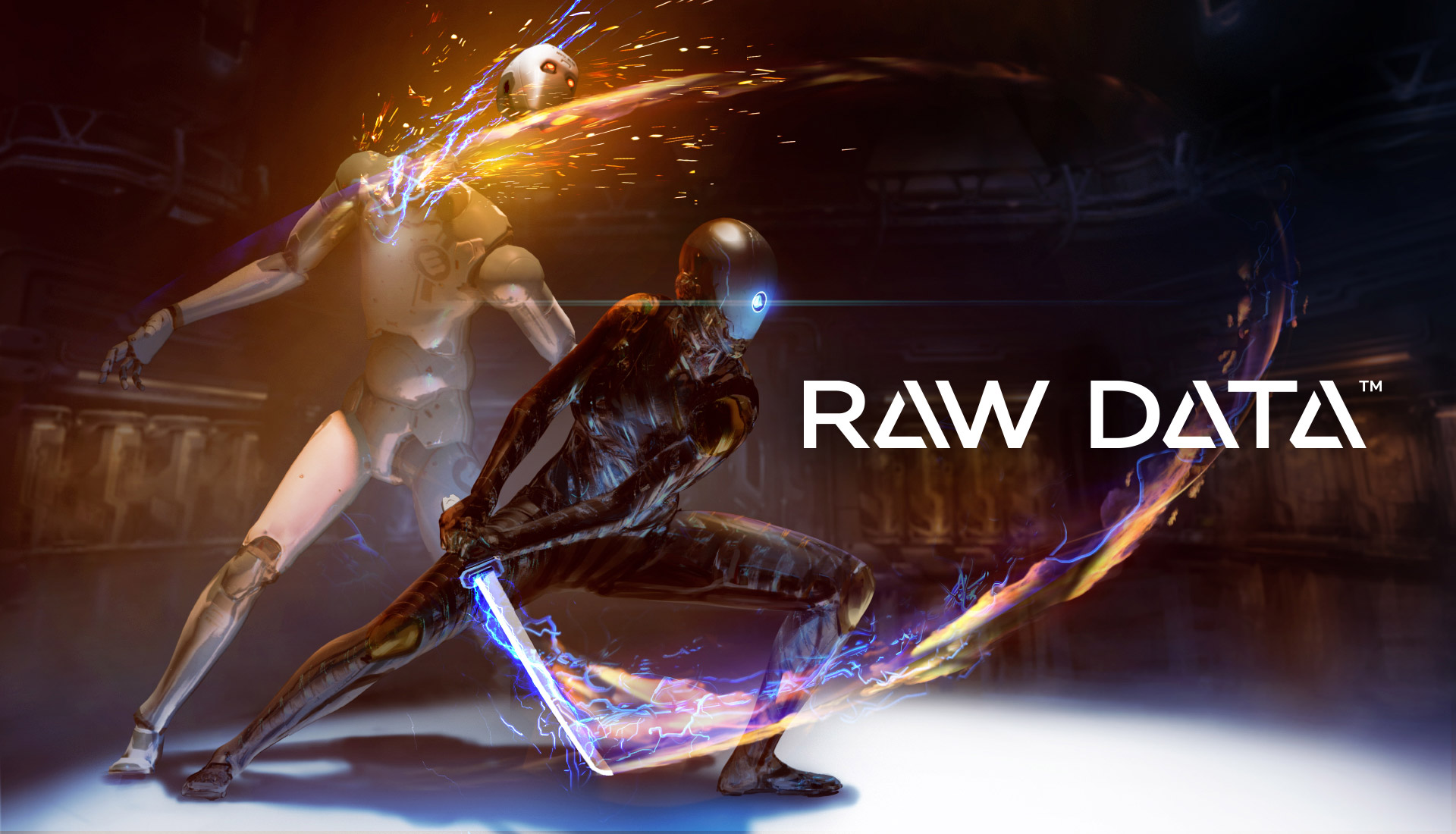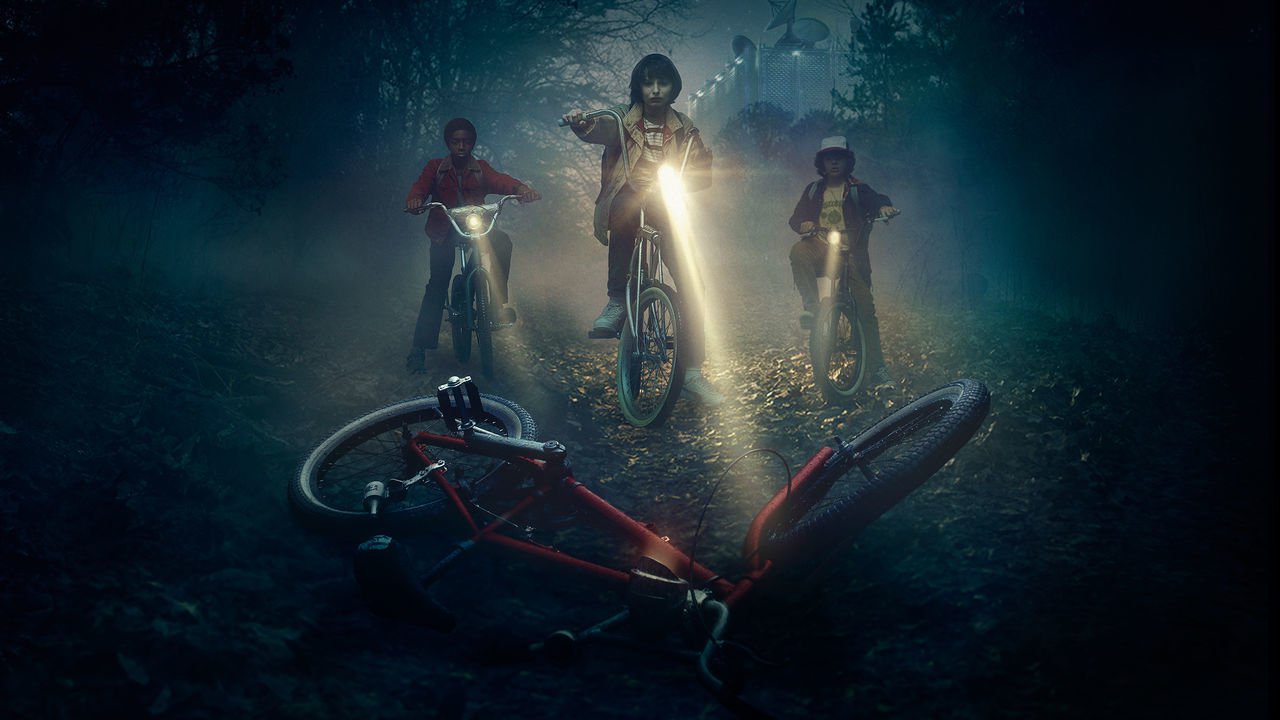San Diego Comic-Con (SDCC) 2017 is one of the largest and most anticipated entertainment industry events on the planet. Actors, directors, writers, artists, developers, and everything in between from all over the world descend on San Diego for a week of pure geek bliss. At one end of the convention center you’ll find people camped out for days waiting to watch a panel and breathe the same air as their favorite actors, while on the other side of it all inside the convention center people line up for the chance to record a green screen video of themselves screaming like Goku in a Dragonball Z backdrop. It’s a tremendous spectacle.
But anyone that’s attended Comic-Con over the last few years knows that the show has grown to an absolutely enormous size. The San Diego Convention Center is no longer large enough to contain everything that goes on and is hardly big enough to hold even just the primary booths on display. In reality, Comic-Con now extends to the entirety of the city of San Diego. Hotels are taken over by large companies like Netflix and Amazon, large courtyards are converted to a series of exhibits.
You might spend all day walking from one location to another just to pass by and look; you’d still not see everything there is to see at Comic-Con. That’s how massive it is.
Carving Out Another Niche
This year’s Comic-Con had a lot of huge properties showing off big projects. Game of Thrones is just entering its seventh season where things are expected to get very heated very quickly. DC showed off a brand new Justice League trailer and Marvel brought more details about Infinity War and Thor Ragnarok. Then on the VR side of things Warner Bros. debuted the long-awaited first trailer for the Steven Spielberg-directed Ready Player One film based on the 2011 Ernest Cline novel by the same name.
In addition to Ready Player One, Marvel and Oculus teamed up for their debut big-budget VR game that lets you control iconic characters with Marvel Powers United VR. Plus, we saw tie-in experiences for upcoming films like IT and Blade Runner 2049, as well as a Vive-powered demo based on the smash-hit Netflix series, Stranger Things. We even played AR-enhanced laser tag.
But as exciting as all of these things were for the industry, they all had one big thing in common: none of them were at VR Con. That means that literally all of the most noteworthy VR content, news, and experiences were found at other locations and were not part of the event actually titled “VR Con.” That feels like a missed opportunity to me.
Room For Growth
For the sake of full disclosure, VR Con did have some real highlights if you haven’t been following the industry super-closely over the last year. Games like Raw Data, Paranormal Activity, and the upcoming Project Cars 2 with a full racing rig were all playable. They even had a massive 360 dome and the newly announced Mira Prism AR headset.
That’s a lot of stuff, but almost all of it is already publicly available or coming soon and doesn’t paint a picture for what the “future” of VR holds so much as it does what the “today” of VR holds.
The organizers made it clear that they’d also focus on Futurism technology such as A.I. and robotics, which we did see in limited forms, but not enough to really shift the focus of the event. Compared to 2016, VR Con doubled in size and occupied a large portion of the second floor at the Hilton Omni across the tracks and down a few blocks from the Convention Center itself.
An argument could be made that VR Con wasn’t supposed to be about the cutting-edge future of VR and was targeted at consumer-level experiences that would appeal to a broader audience. But that isn’t what happened either. Virtually every mainstream outlet focused on the movie tie-ins and properties that people get excited about. Essentially, all of the VR content not shown at VR Con.
In order for VR Con to be taken more seriously as a subset of Comic-Con it needs to focus on content that excites as a vision of the future rather than recycling demos and experiences that have been shown elsewhere ad nauseam. Having a dedicated VR event at Comic-Con is certainly an admirable idea with the right intentions, but it’s still just a work-in-progress currently.
Did you make it out to SDCC last week? If so, let us know what you thought about it (and VR Con) in the comments below!































